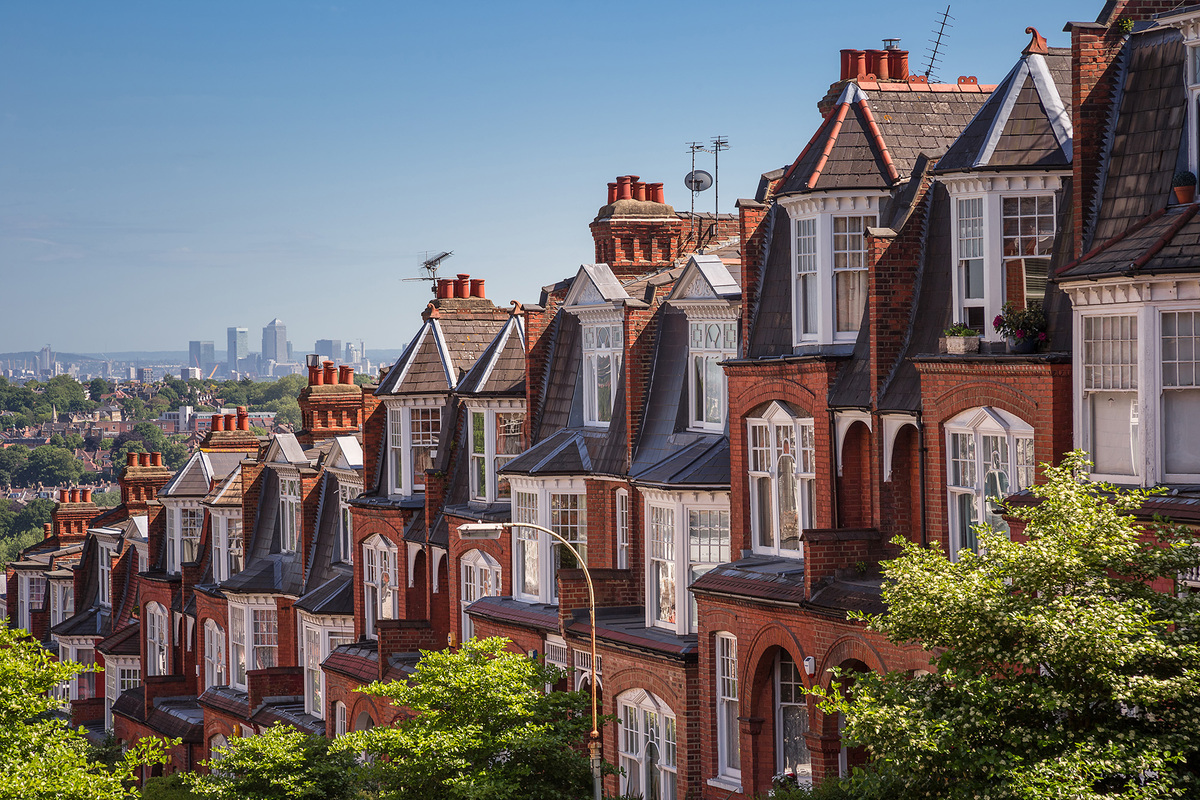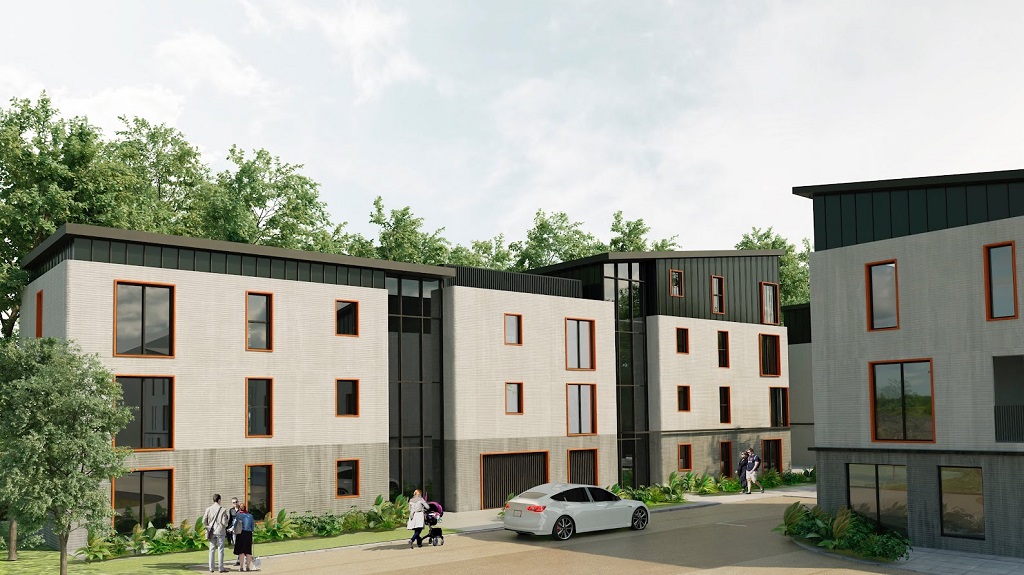Warrington is The First UK Council to Produce All Its Electricity

Warrington has become the first local authority in the UK to generate all its own electricity. Housing Industry Leaders looks at how Warrington is setting the benchmark for other UK councils.
Being able to produce its own electricity is important for Warrington, especially during the energy crisis. This project comes after Warrington Borough Council recently commissioned investments into solar farms, with work on the latest farm being completed this week.
A GRIDSERVE hybrid solar/battery farm is the latest site and will see power generated for the council’s planned fleet of electric buses.
Warrington Has Halved Its Carbon Emissions
This is the third farm to be commissioned by the council, with the other two generating power that can be sold back to the National Grid, raising money for Warrington Borough Council. In addition to this, Warrington Borough Council has revealed it has halved its carbon emissions over an eight-year period.
Located in York, the site covers 88 acres and the energy that is produced at the site is said to be enough to allow for 88 million miles of e-vehicle transport every year – the equivalent of driving 100,000 e-vehicles from Land’s End to John O-Groats.
BREAKING NEWS!
We’re delighted to announce we are building the UK’s most advanced #solar farms for @WarringtonBC, securing a 100% #CleanEnergy supply and generating millions of pounds every year to invest back into frontline services for #Warrington ? https://t.co/MunHIGyeWA pic.twitter.com/WwWvnGF6v2
— GRIDSERVE Sustainable Energy (@GRIDSERVE_HQ) February 28, 2019
The solar farm will ensure that the council keep working towards their net zero targets, with it ensuring that the council’s fleet of buses will be net zero.
Other UK councils could learn from Warrington’s steps towards becoming greener and reaching zero emissions. However, this might prove to be more difficult than expected as UK Prime Minister Liz Truss has long been opposed to solar farms on agricultural land.
When she was Environment Secretary in 2014, the Prime Minister condemned solar farms as “a blight on the landscape”. During the Conservative leadership campaign this summer, she said that she wanted to see farmers producing food with crops and livestock, “not filling fields with paraphernalia like solar farms”.
Confirming an imminent ban on solar projects on farmland, the Prime Minister’s spokesperson said: “We want to increase long-term energy and food security.
“We are looking at regulations and investment that impacts farmers to make sure our projects boost food production and protect the environment. It’s farmers who are best to decide how best to use their land.”
It is estimated that under the proposed changes to planning regulations, solar projects would be banned from about 40 per cent of land in England and almost 60 per cent of agricultural land.
Ensuring Warrington’s Future Energy Security Is Crucial
Warrington Borough Council’s Cabinet Member for Sustainability and Climate Change, Councillor Janet Henshaw, said: “Investing in subsidy-free developments has been a landmark achievement for the council.”
Each project has proven to be a solid strategic decision to ensure the borough’s future energy security.
Recently, it was announced that Warrington has moved a step closer to achieving its target of being the first town in the UK with an all-electric bus fleet.
Warrington Borough Council recently gave the go-ahead for a new electricity substation joining Warrington’s Own Buses’ new depot, which is currently being built on a new site on the Warrington Trading Estate. It is said that this will be essential to the creation of an all-electric depot.
Work on the £10 million new depot is said to be progressing well, with the plan to replace Warrington’s Own Buses’ fleet with 120 new electric buses expected to start towards the end of 2023.

